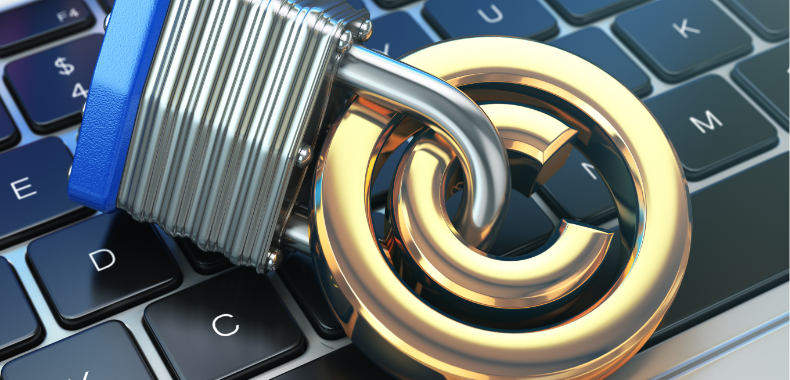From a legal point of view, a software creation is seen as an intellectual creation, not an industrial one. Within this argument, Computer Programs are intellectual works resulting from the creative work of human beings and have the character of expressive originality.
Consequently, the legal nature of software has been guided by the Copyrigh regime. Thus, in Brazil, the legal protection given to computer programs has been based on the Copyright Law (Law 9.610/98). This fact is confirmed by Article 7 of the Copyright Law, which affirms that computer programs are subject to copyright protection.
In the same line, the Industrial Property Law, in its article 10, V, expressly forbids the registration of patents on computer programs.

Thus, as an author’s right, the protection of software is independent of any form of registration, so that protection extends for 50 years from its creation.
The rights of copyright in software ensure that the owner has protection of the property rights related to the economic exploration of his or their work. This means that the reproduction, editing, distribution and use of the software by third parties without the authorization of the owner is expressly forbidden.
However, a software product that meets the requirements of novelty, inventiveness and industrial application, when integrated with hardware in such a way that it is essential for the latter’s functionality, may be patentable. This is because the hardware-software combination can constitute an invention or utility model. Thus, protection extends to the set as a whole, and not just to the software in its own right.
—
Author: Isabela Nicolella Vendramelli, Thaís de Kassia R. Almeida Penteado and Cesar Peduti Filho, Peduti Advogados
Source:
https://baptistaluz.com.br/espacostartup/propriedade-intelectual-sobre-software-uma-visao-geral/
https://www.ufsm.br/app/uploads/sites/762/2019/10/propriedade-intelectual-de-sofware.pdf
https://www.planalto.gov.br/ccivil_03/leis/l9610.htm
—
If you want to learn more about this topic, contact the author or the managing partner, Dr. Cesar Peduti Filho.

